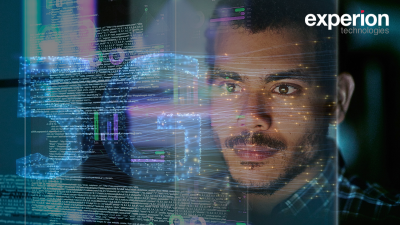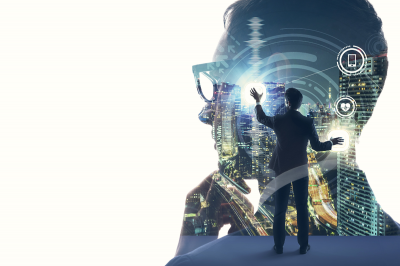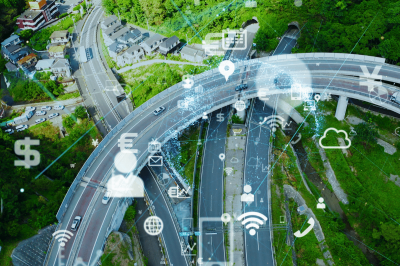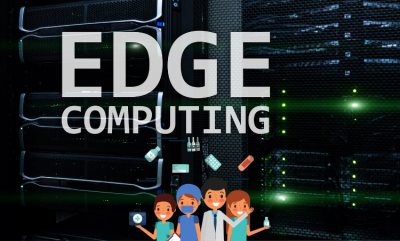The evolution from 1G to 5G has indeed brought about a revolutionary transformation in wireless technology.
The complexity of the IoT is continually growing and changing, including how devices are connected to one another, what calculations these items are capable of performing on their own, and how data is stored in the cloud. IoB makes an effort to comprehend user online activity data from a behavioral psychology standpoint.
The transportation industry accounts for various issues such as pollutions, wastage of fuels and power, greenhouse gas emissions. Based on research it was stated that 28% of greenhouse gas emissions is due to the whole transportation industry. IoT solutions can be used to address such issues in an effective and sustainable manner. The report by world economic forum states that IoT itself will account for $14 trillion of the economy by 2030.
IDC research states the transportation industry will see the most growth from IoT technology. Implementing IoT practices will help minimize issues regarding sustainability since it is the bridge connecting the virtual world of IT with the real world.
Even as the COVID-19 pandemic releases its vice-like grip on the world, insurance has become and continues to be a matter a public discussion. In this new era of actuarial science, it is important to see why IT can be a key in elevating your P&C firm to the next level.
Healthcare and technology go hand-in-hand. However, many wonder where exactly they are heading. Telemedicine, IoT devices, and virtual reality surgical training are just a few digital health innovations attracting a lot of attention and research dollars and helping the sector enhance health equity worldwide. In this blog, let's explore some of the leading trends in Digital Health.
Unlike retail, healthcare, or transportation, the real-estate sector has been considered a laggard in technology adoption. However, recently, real estate industry players are investing and adopting accelerated digital transformation to stay ahead of the competition and ensure business resilience in a technology-dominated future market. In this blog, we take a look at how Proptech is gaining momentum, and how it is redefining the traditional way of buying, selling, renting, and investing in real estate.
The maritime industry has been an unhurried adopter of digital transformation. With digital solutions being deployed in bits and pieces, the industry has been treading digital waters at quite a slow pace. With most players in the industry still following legacy systems and processes, it is important to understand the change digital transformation can bring to the sector. This blog looks at the impact of Digital Technologies across different touchpoints of the shipping and maritime industry.
Supply chains, the backbones of national economies, have had to change their strategies in order to stay efficient and meet the new market requirements of a post-pandemic world. They must increasingly embrace digital solutions to cope with the uncertainties, challenges, and restrictions of our times.
The supply chain ecosystem became all the more critical once the vaccines for COVID-19 were developed – it was the need of the hour to get the vaccines to the public quickly and in the right quantities. In this blog, we talk about digital solutions that can assist this endeavor, bringing resilience to the supply chain for COVID-19 vaccines.
With the many advantages that edge computing brings to the table, including faster processing time for data, non-reliance on bandwidth availability, and network reliability – all of which can save a life in a field where every second of response time counts - edge computing has proven to have the power to completely transform the way the healthcare industry functions.
In this blog, we take a look at how it works, what its use cases are in healthcare, and how we can overcome the challenges ahead.










